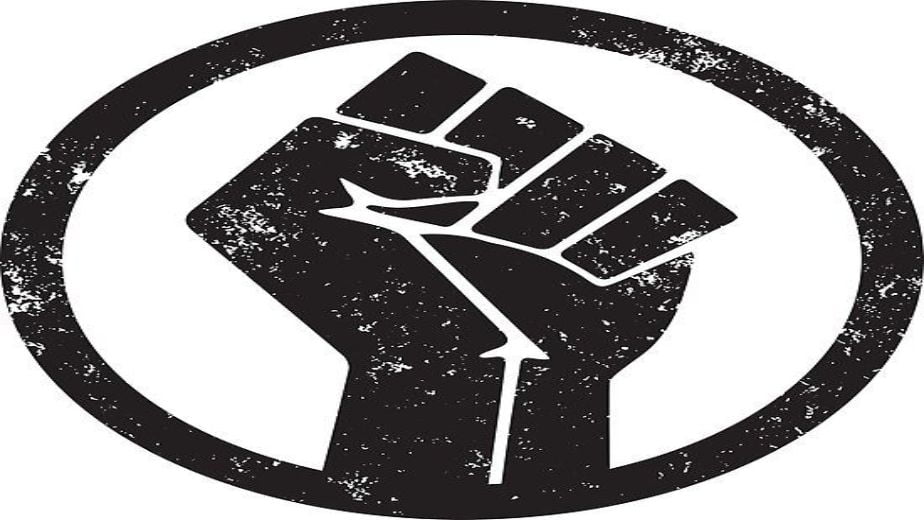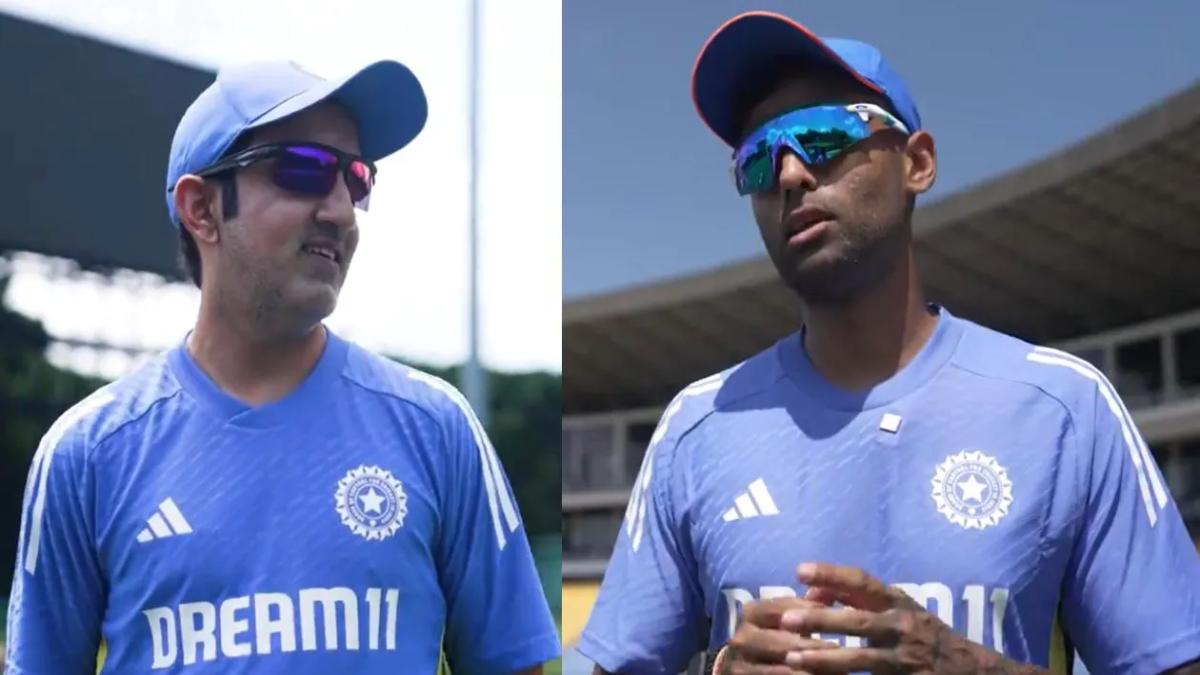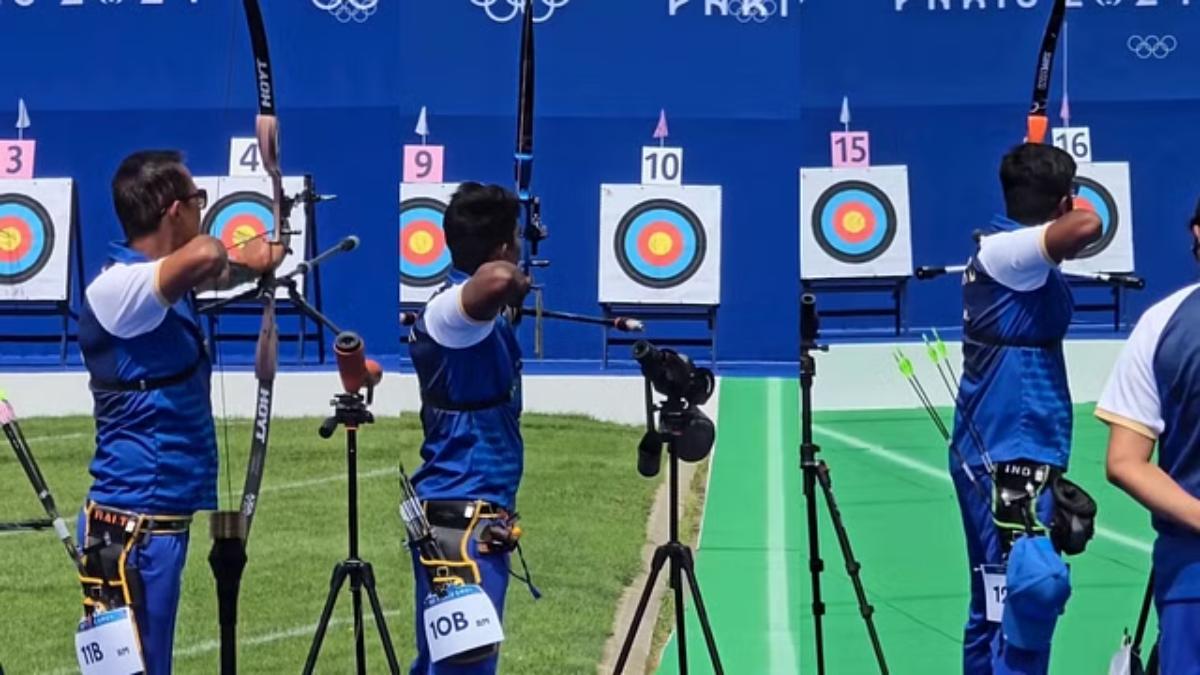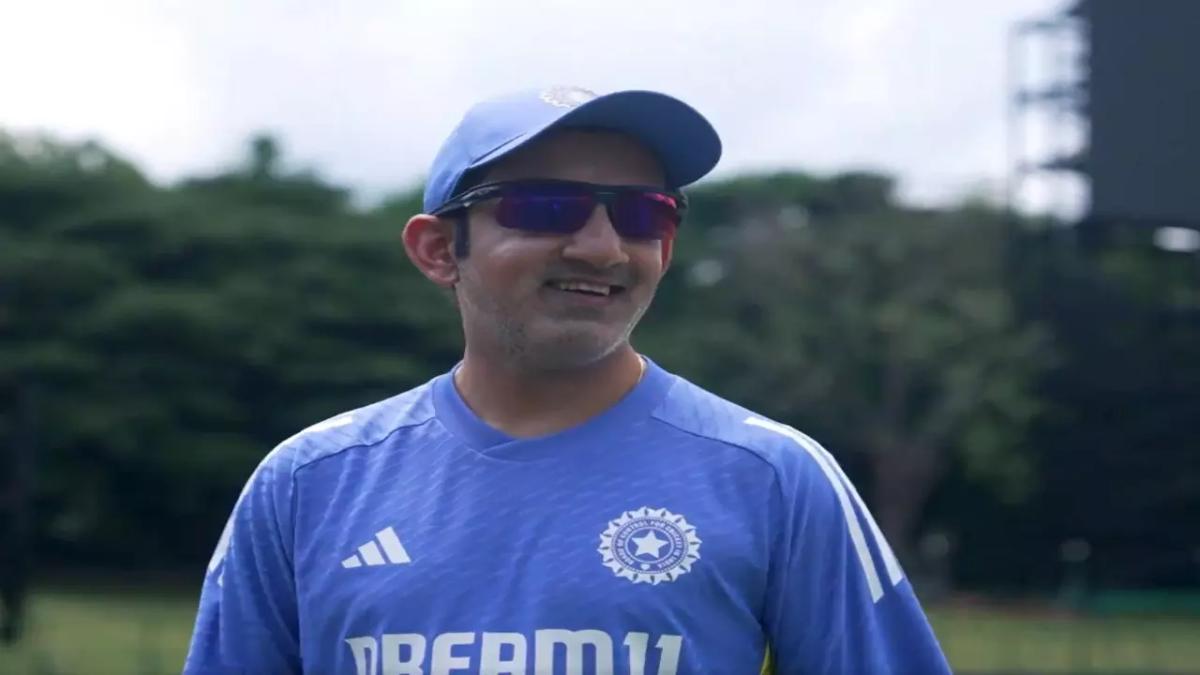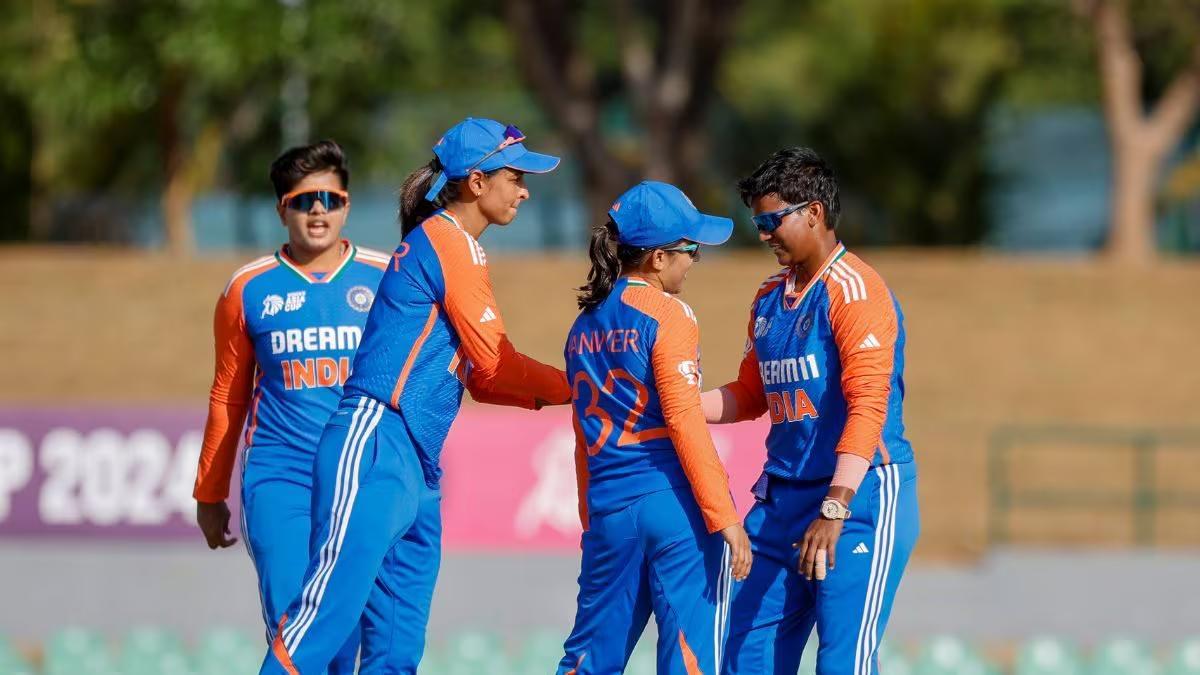In 1968, US athlete Tommy Smith famously said, “If I win, I am American, not a black American. But if I did something bad, then they would say I am a Negro. We are black and we are proud of being black. Black America will understand what we did tonight." That very morning, Smith had set a world-record, completing a 200 meter race in 19.83 seconds. His fellow countryman John Carlos finished in third place and as the winners stepped onto the podium to collect their medals, both the US athletes were shoeless, wearing black socks to represent black poverty. Smith also wore a black scarf for black pride, and both the athletes raised their fists while the American national anthem played as a human rights salute.
What followed was a strong response by the International Olympic Committee and its president Avery Brundage who deemed the protest unfit for the Olympic Games and ordered both Smith and Carlos to be expelled from the US team and the Olympic Village. In an official statement, the IOC described it as "a deliberate and violent breach of the fundamental principles of the Olympic spirit." Unsurprisingly, Brundage, who was president of the United States Olympics Committee in 1936 had no objections to the Nazi salute during the Berlin Olympics, differentiating the two as one being a national salute while the other being an athlete’s salute.

Fast forward to over five decades later and it seems that not much has changed. The International Olympics Committee has specified that the slogan ‘Black Lives Matter’ will be banned from athlete apparel at the Tokyo Olympics. Despite not having mentioned what sort of punishments athletes would face for violating this rule, they have deemed ‘Black Lives Matter’ a demonstration of ‘political, religious or racial propaganda’.
Despite the ban, many non profit organizations from around the world have promised legal support for athletes who will protest. The World Players Association union has openly declared its complete backing for any athlete sanctioned for this protest at the Tokyo Olympics while the Global Athlete has encouraged participants to not be dictated by outdated sports rules that supersede basic human rights. The U.S Olympics and Paralympic Committee, who recently induced both Smith and Carlos into its Hall of Fame in 2019 have also pledged to not take any action against their athletes protesting at the Tokyo Olympics.
It’s clear that the International Olympics Committee has not yet adapted to the changing world and does not have a flexible approach in respecting, protecting and promoting athletes’ freedom of expression. For athletes such as Tommy Smith and John Carlos, who placed their principle over personal interest, they have set a precedent that will inspire generations to come who believe in standing up for civil rights and focusing on the greater good.


